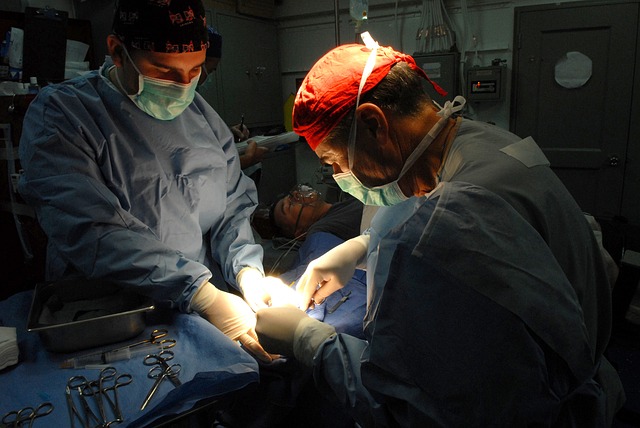Xenotransplantation: Three Areas of Concern
By L. Syd M. Johnson,
The Hastings Center Bioethics Forum
| 01. 19. 2022
News of the first transplant of a pig’s heart into a human was widely reported last week, raising hope that the procedure could one day help alleviate the shortage of organs. In decades of experimentation with xenotransplantation, the transplantation of organs from one species to another, no human recipient of a nonhuman organ has survived for more than a few months. Most have died within hours or days from rejection, infection, or both. Like the recipient of the pig’s heart, many previous patients were dying and were not eligible for an organ transplant through conventional channels. But before we forge ahead with clinical trials of xenotransplantation we should be concerned about several issues: the potential to spread pathogens, exploitation of human research participants, and animal welfare.
Early research on xenotransplantation used organs from monkeys and chimpanzees, who are the closest phylogenetic and evolutionary relatives to humans. That research ended because of concerns about the transmission of pathogens, including retroviruses, some of which are readily transmitted from nonhuman primates to humans. The U.S. Food and Drug Administration effectively banned the...
Related Articles
By Jonathan Matthews, GMWatch | 12.11.2025
In our first article in this series, we investigated the dark PR tactics that have accompanied Colossal Bioscience’s de-extinction disinformation campaign, in which transgenic cloned grey wolves have been showcased to the world as resurrected dire wolves – a...
By Jessica Hamzelou, MIT Technology Review | 11.07.2025
This week, we heard that Tom Brady had his dog cloned. The former quarterback revealed that his Junie is actually a clone of Lua, a pit bull mix that died in 2023.
Brady’s announcement follows those of celebrities like Paris...
By Lauran Neergaard, AP News | 11.03.2025
WASHINGTON (AP) — The first clinical trial is getting underway to see if transplanting pig kidneys into people might really save lives.
United Therapeutics, a producer of gene-edited pig kidneys, announced Monday that the study’s initial transplant was performed successfully...
By Meagan Parrish, PharmaVoice | 10.10.2025
When CEO Ben Lamm steps into the spotlight, it’s usually to talk about his efforts bringing extinct animals back to life. Once a far-flung idea, Lamm and the company he heads, Colossal Biosciences, have proven they can pull it off...




